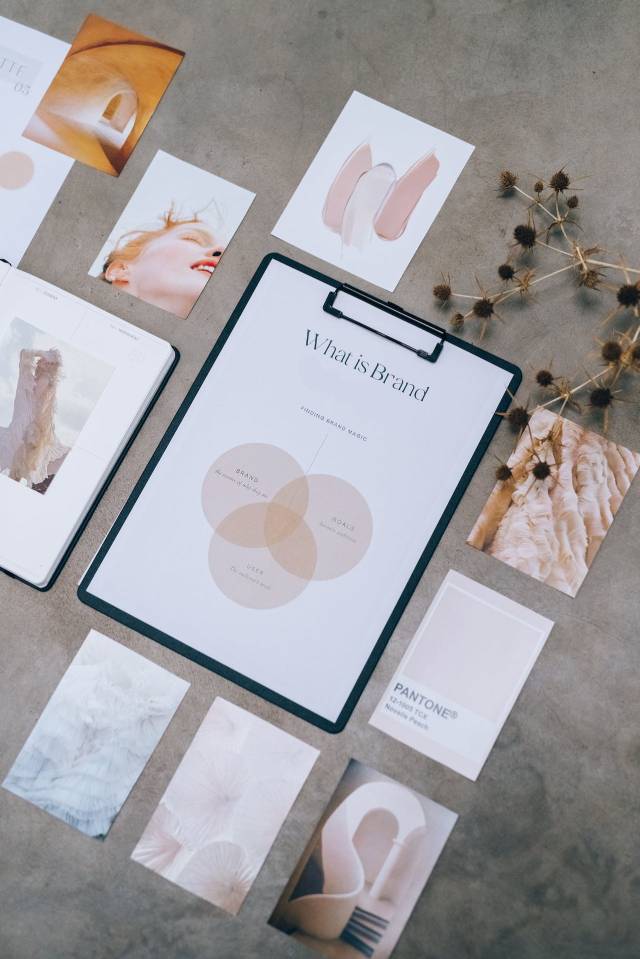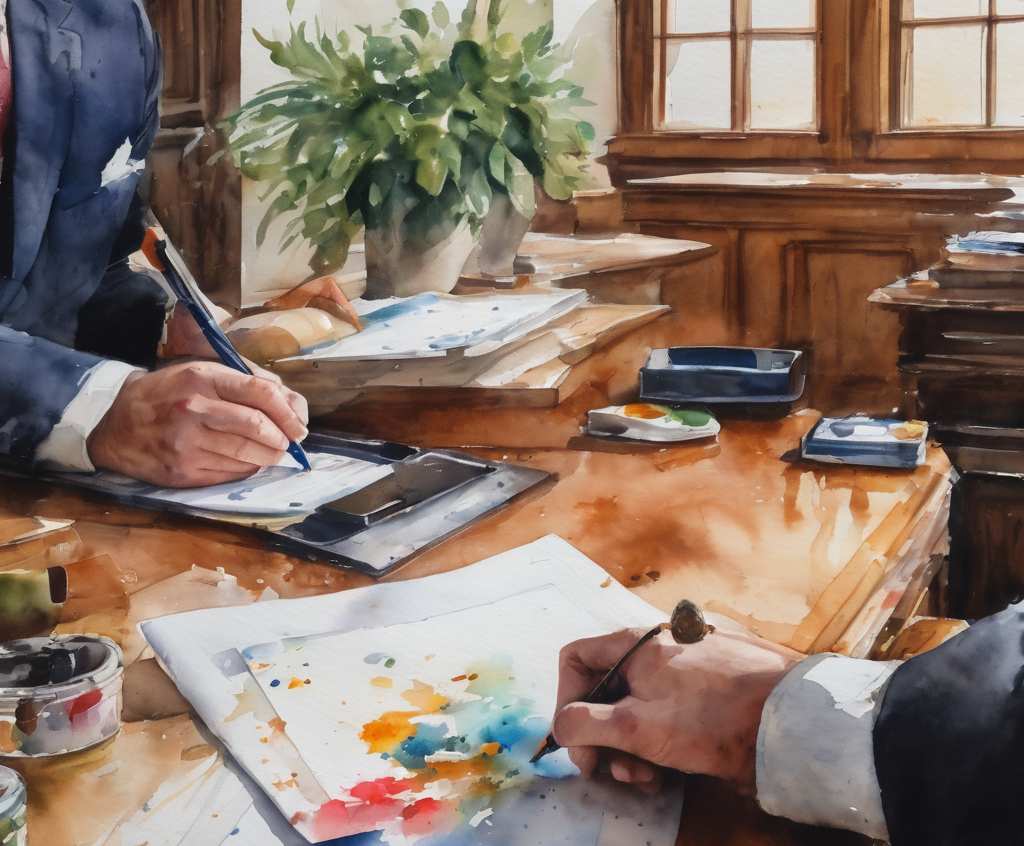Easy Online Copyright Registration
You can now quickly and easily copyright your songs, scripts, novels, and much more with Lighthouse Consulting. Enjoy your legal rights and defence against imitations.

Quick Service Request
Send Inspection Request
Copyright Registration in India
DhiDan helps creators, musicians, and artists secure their legal rights through copyright registration. This includes musical compositions, song lyrics, videos, and more, with a focus on online music copyright registration in India. Copyright provides exclusive rights to reproduction, replication, and dissemination. Registering copyrights is crucial for proving ownership and controlling public distribution, reproduction, and adaptations of the work. Owners can also transfer these rights if needed.

Reasons to register your copyright in India
Registering your copyright in India offers several benefits:
Verified Ownership:
Publicly registers your work, providing a verified record of ownership.
Protection Against Infringement:
Enables legal action in case of infringement, safeguarding your intellectual property.
Prevents Import of Duplicates:
Registration with Indian customs helps prevent the import of unauthorized duplicates.
Control Over Derivatives:
Grants authority over commercial derivatives or by-products derived from the original work.
Copyright Transfer:
Allows the original owner to transfer or sell copyright rights to a third party.
Guaranteed Display Protection:
Provides confidence in displaying your work without fear of unauthorized copying.
Documents Needed in India to Register Copyright
The following is a list of the documents needed for copyright registration in India.
Personal information:
- The applicant’s name, residence, and country of citizenship
- Name, location, and country of origin of the work’s author
- Whether the applicant is the author of the work or the author’s agent; the nature of the applicant’s interest in the copyright;
- Copies of the original documentation, including the owner’s ID and, if applicable, a business incorporation certificate
The type of work:
- Class and work description
- The work’s title
- Date of publication Language of the work Internal publications, such as a corporate magazine or a research paper turned in to a professor, do not count as publications.
Documents:
- Three copies of the work
- Authorisation letter

What Can Online Copyright Registration Protect?
The Copyright Law protects various original works, such as books, software, scripts, lyrics, websites, apps, videos, and music. Here’s a simplified breakdown:
Books:
Literary works are protected to prevent unauthorized use, making copyright registration essential for authors.
Software:
Copyright safeguards original software to prevent unauthorized access and replication, crucial in India’s growing IT industry.
Scripts:
Creative works like scripts receive copyright protection, prohibiting improper use or duplication.
Lyrics:
Song lyrics are immediately protected upon creation, and online copyright registration provides constructive notice.
Websites:
Copyright covers authored parts of a website, including text, images, and computer programs.
Apps:
Legal tools like copyright protect software, including code, graphics, and models used in creating applications.
Videos:
Copyright registration for videos serves as clear evidence in infringement cases, simplifying the process of seeking damages.
Music & Songs
Protect your musical creations by securing copyright. Registering your songs or compositions is crucial for musicians, ensuring exclusive rights and preventing unauthorized use.
Understanding Copyright Duration:
Copyright duration is influenced by factors like publication and creation date. For works post-January 1, 1978, protection lasts the author’s lifetime plus 70 years. For anonymous, pseudonymous, or work for hire, it’s 95 years after initial publication or 120 years after creation.
No Renewal Required:
Works from January 1, 1978, onward don’t need renewal. For those pre-1978, renewal after 28 years is optional but brings legal advantages.
Expert Assistance:
We at DhiDan streamline copyright registration for efficient completion. Contact us for prompt support in the process.

Indian Copyright Infringement Redressal Mechanisms
In India, there are numerous legal remedies available for copyright offences. In India, there are three separate categories of remedies for copyright infringement: civil, criminal, and administrative. In this article, each of them will be in-depth analysed.

Civil Redress for Copyright Violations
Civil remedies for copyright infringement are covered by Section 55 of the Copyright Act of 1957. Among the several civil remedies are:
- Financial Solutions
- Orders from Anton Pillar
- Mareva’s Order
- Pharmacal Order in Norwich
- Interlocutory Orders of Court
Criminal Penalties for Copyright Violations
The following are the available remedies for infringement under the Copyright Act of 1957:
- jail time of up to three years, but no less than six months
- collecting up to 50,000 in fines
- looking for and preventing fake goods
- delivery of counterfeit goods to a copyright holder
Frequently Asked Questions
Copyright ensures certain minimum safeguards of the rights of authors over their creations, thereby protecting and rewarding creativity.
Without the explicit consent of the copyright holders, a fair deal of research, study, critique, review, and news reporting, as well as the use of works in libraries, schools, and legislatures, are permitted. Some exceptions to the rules for certain uses of works protected by copyright have been established in order to protect the interests of users. The uses of the work
for the purpose of research or private study,
for criticism or review,
for reporting current events,
in connection with judicial proceeding,
performance by an amateur club or society if the performance is given to a non-paying audience, and
the making of sound recordings of literary, dramatic or musical works under certain conditions.
Titles by themselves, names, brief word combinations, slogans, short phrases, techniques, plots, or factual information are typically not protected by copyright. Ideas and concepts are not protected by copyright. A work needs to be original in order to qualify for copyright protection.
A work means any of the following , namely, a literary, dramatic, musical or artistic work, a cinematograph film, or a sound recording.
Copyright subsists throughout India in the following classes of works:
Original literary, dramatic, musical and artistic works;
Cinematograph films; and
Sound recordings.
Ordinarily the author is the first owner of copyright in a work.
In the case of a literary or dramatic work the author, i.e., the person who creates the work.
In the case of a musical work, the composer.
In the case of a cinematograph film, the producer.
In the case of a sound recording, the producer.
In the case of a photograph, the photographer.
In the case of a computer generated work, the person who causes the work to be created.
Yes. The owner of the copyright in an existing work or the prospective owner of the copyright in a future work may assign to any person the copyright either wholly or partially and either generally or subject to limitations and either for the whole term of the copyright or any part thereof.
It shall be in writing signed by the assignor or by his duly authorised agent. It shall identify the specific works and specify the rights assigned and the duration and territorial extent of such assignment. It shall also specify the amount of royalty payable, if any, to the author or his legal heirs during the currency of the assignment and the assignment shall be subject to revision, extension or termination on terms mutually agreed upon by the parties.
No. The rights vary according to the class of work.
No. It is protected for a limited period of time.
The general rule is that copyright lasts for 60 years. In the case of original literary, dramatic, musical and artistic works the 60-year period is counted from the year following the death of the author. In the case of cinematograph films, sound recordings, photographs, posthumous publications, anonymous and pseudonymous publications, works of government and works of international organisations, the 60-year period is counted from the date of publication.

